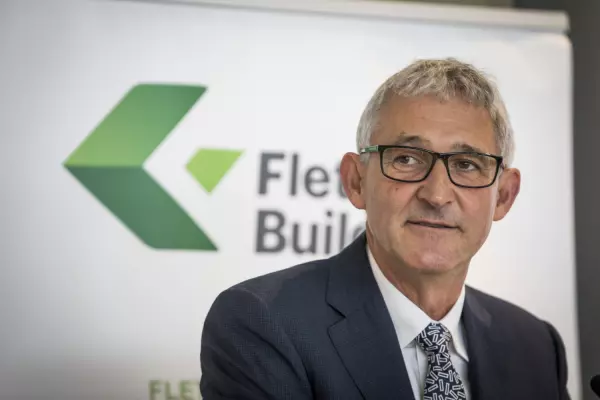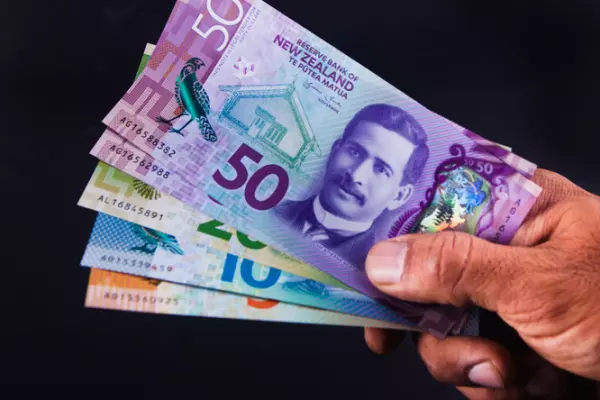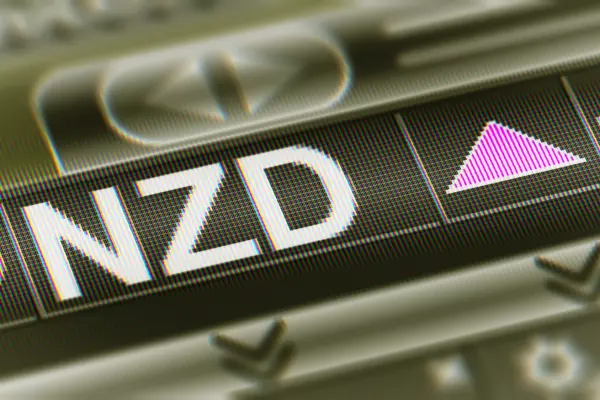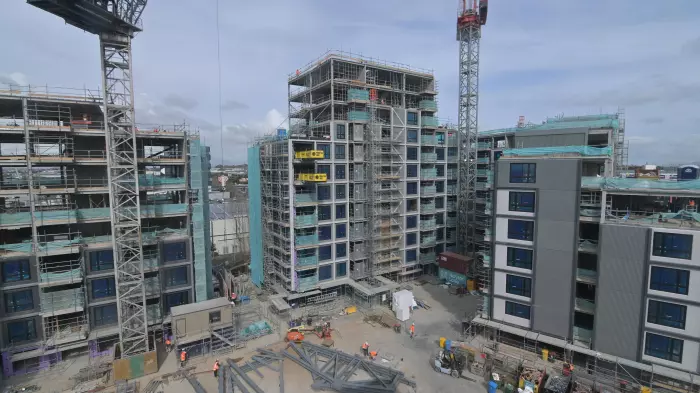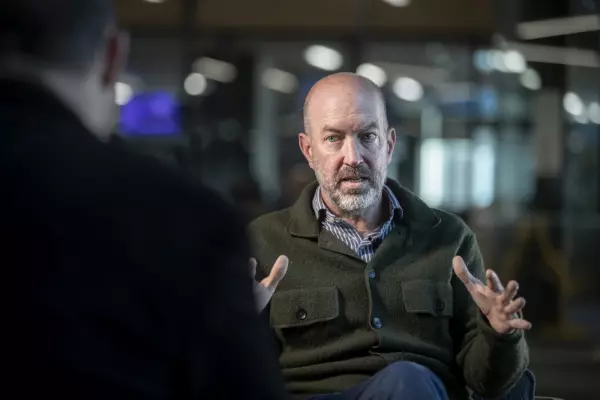AFT Pharmaceuticals' earnings downgrade a day after its financial year ended has clearly unnerved investors.
The shares fell as much as 60 cents, or more than 12%, to $4.35 on Thursday after the warning that morning, before recovering a little to end the day at $4.38.
The downgrade was sizeable – operating profit will be as much as half previous expectations, somewhere between $9 million and $11m for the year ended March 31 compared with the previous guidance of between $14m and $18m.
You'd think the company ought to have seen that coming, but founder and managing director Hartley Atkinson said it didn't.
"We literally didn't know until the 31st – that's why we couldn't really say anything" until after that, Atkinson told BusinessDesk.
Even up until Wednesday, "we believed we could make" the previous guidance, he said.
In the announcement, the company cited delays in licensing negotiations, production and shipping disruptions, and the delay of several launches around the world of its flagship product Maxigesic, which is a combination of paracetamol and ibuprofen.
Two income streams
AFT has two sides to its business, one supplying pharmaceutical products, everything from Maxigesic, ointments and vitamins to masks and hand sanitiser, to customers and the other side licensing other companies around the world to distribute its products.
The licensing side of the business is lumpy and Hartley's explanation is that some of those might have landed before the company's balance date but failed to arrive is certainly plausible.
"In general, I don't know if people really appreciate the complexities" of negotiating deals in different geographies around the world at a time when the global economy has been hit by a once-in-a-century pandemic, he said.
The announcement emphasised that although the company is confident it can still land those licensing deals, it "cannot guarantee that we can conclude these negotiations with financial benefits" in the new financial year.
The other parts of his explanation make one wonder how good the company's information systems are because, if a Maxigesic launch had been scheduled for February, and didn't happen as planned, surely the company had plenty of time to calculate the impact of that.
Similarly, shipping and production delays couldn't possibly have all occurred on Wednesday.
A lot of moving parts
But Atkinson, who controls 71.3% of the company held by his family trust, said his company is a complex web. "The business has a lot of moving parts and there can be ups and downs."
Contributing factors included considerably increased freight costs, the need to ensure stocking levels and "it was apparent quite some time ago there were major logistics challenges".
One of the company's well-established products had a big decline in sales because people weren't going to the doctor and, in other cases, sales were impacted by elective surgeries being cancelled because of covid, but AFT has compensated for this by higher sales of other products.
"We have a diversified portfolio" and in general, pharmaceuticals don't tend to be adversely impacted by recessions.
"It's a whole range of things. Despite all that, we've still increased our sales for the 22nd year in a row."
The company said its sales for the year will come in at about $110m, up from $105.6m the previous year.
Net profit before abnormal one-off items is also likely to be stronger than last year, he said. Last year's bottom line was $12.7m but that included a $9.8m one-off gain.
The company has been saying for some time now that the investment it has made since it listed in 2015 is about to pay off.
This latest delay in that happening makes it a little more difficult to believe the story.





